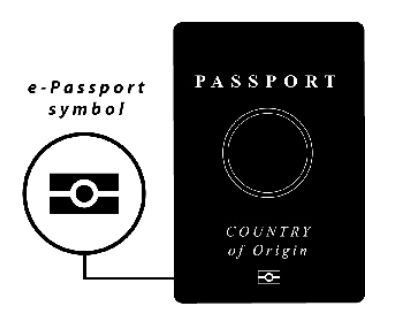Seyfarth Synopsis: Visa Waiver Program travelers to the U.S. must now possess an e-Passport.
The U.S. Department of Homeland Security (DHS) has announced that effective April 1, 2016, in accordance with the Visa Waiver Improvement and Terrorist Travel Protection Act of 2015, all visitors entering the United States under the Visa Waiver Program (VWP) must possess an electronic passport, or e-Passport. The VWP enables certain citizens or nationals of participating countries to travel to the U.S. for tourism or business for up to 90 days without first obtaining a visa. Travelers who do not have an e-Passport from a Visa Waiver country must obtain a visa to enter the U.S.
An e-Passport contains an electronic chip that holds the same information printed on the passport's biographic data page: the holder's name, date of birth, and other biographic information. E-Passports help to securely identify the traveler, provide protection against identity theft, protect privacy, and inhibit document alterations. An e-Passport is denoted by the following international biometrics symbol:

The required use of e-Passports is the latest in a series of recent actions taken by DHS to strengthen the security of the VWP. Earlier this year, DHS and the Department of State (DOS) implemented new VWP restrictions requiring certain individuals, previously eligible to benefit from the VWP, to apply for a visa before traveling to the U.S. for business or tourism. Click here for a comprehensive alert on the topic.
The content of this article is intended to provide a general guide to the subject matter. Specialist advice should be sought about your specific circumstances.




